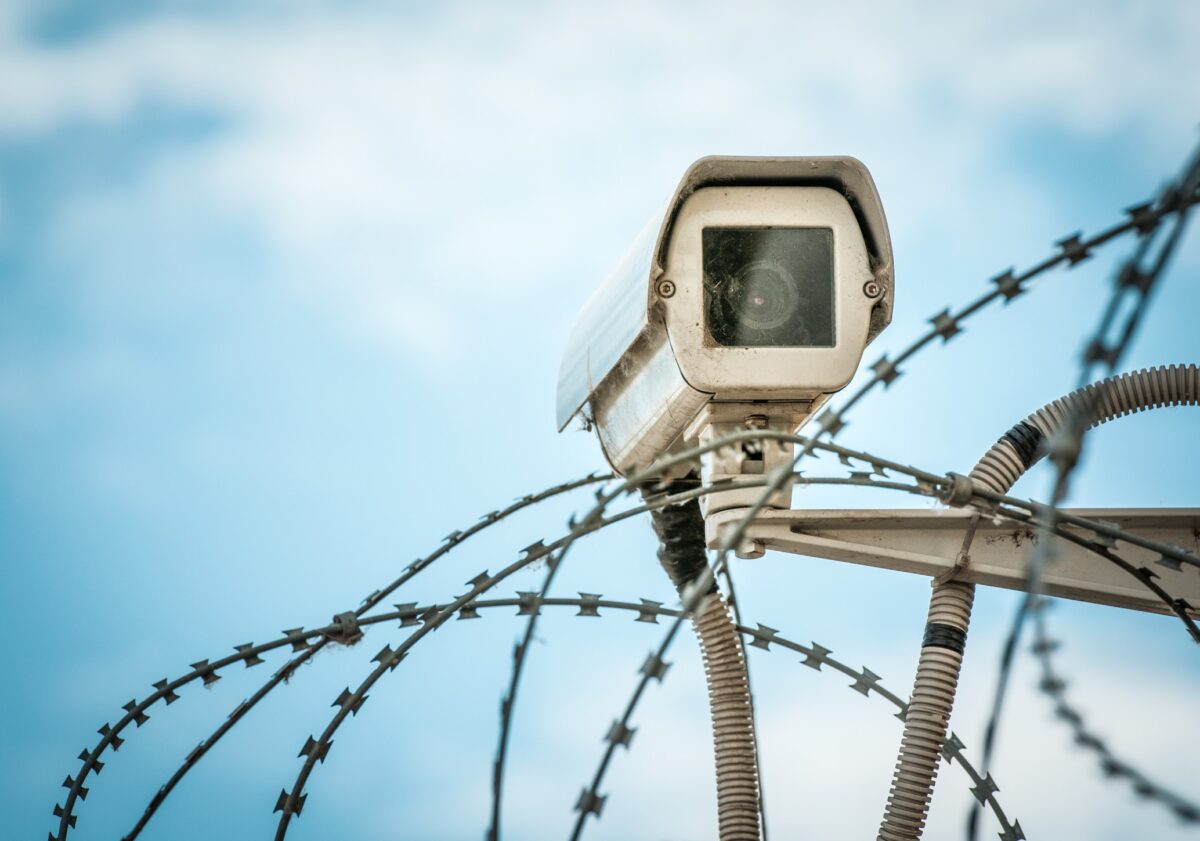By Jack Donson
For decades, a lack of transparency and accountability in the federal prison system has allowed even abhorrent conduct to become the norm. Take the recent decision to close the federal correctional institution (FCI) for women in Dublin, California. The Associated Press reported last February on the pervasiveness of sexual assault at FCI Dublin, which has been nicknamed “The Rape Club” by the women held inside. It took a while, but those reports eventually led to the arrest and recent sentencing of the warden, as well as eight officers.
Also consider the Atlanta U.S. penitentiary (which has since been redesignated as a low-security institution). A congressional investigation substantiated by reports from the Atlanta Journal-Constitution of drug trafficking and violence, with even pretrial detainees (who were not yet even convicted of an offense) subjected to “horrific” conditions. BOP insiders had been aware of the issues in Atlanta for many years.
I won’t even mention what’s been happening lately at other prisons, like the Leavenworth penitentiary in Kansas.
The BOP’s typical solution to such troubled facilities is to close them, redesignate them to a different security level, then re-open. This is quintessential “management by reaction” protocol, a sign of the agency’s desperation. However, it’s unlikely to effectuate systemic change. We are now living the culmination of decades of lax oversight and a resulting lack of transparency and accountability. That, in turn, enables coverups of abuse and other crimes, along with woefully inadequate physical and mental health care. The BOP’s organizational culture, which was considered somewhat of a model long ago, has morphed into a chaotic morass of individual fiefdoms.
The increased focus on agency practices during the COVID-19 pandemic accelerated the calls for reform and condemnation by advocates, legislators and the legal community. Even the federal courts, which historically have been apprehensive about interfering in prison matters, entered the fray. In October, U.S. District Judge Roy Dalton issued a blistering court order saying the BOP “should be deeply ashamed” for what he called “its demonstrated contempt for the safety and dignity of the human lives in its care.” After Judge Dalton held the agency in contempt, the DOJ launched yet another internal investigation of the agency. What is disturbing from a field perspective is that both the DOJ inspector general and General Accounting Office have auditing federal prisons for decades. It’s time to stop re-investigating issues and focus on actually implementing measures that will assure greater accountability and transparency.
While it is heartening that the DOJ hired a reform-minded bureau director from outside the agency (Colette Peters), changing the “suit” at the top is simply not enough to change culture. Look no further than the results of the last BOP director hired from the outside.
Another attempt to reform the BOP is now working its way through Congress. Sen. Jon Ossoff (D-GA) and Rep. Lucy McBath (D-GA) each introduced a bipartisan bill, the Federal Prison Oversight Act, in September 2022. Among other things, the legislation would help ensure ongoing investigation of BOP facilities and create a position of ombudsman within the Department of Justice to receive complaints from incarcerated individuals, their family members or attorneys. If the bill passes, the ombudsman and investigation team would be well advised to base their review on the American Bar Association’s existing recommendations for the treatment of incarcerated people. The ABA also has adopted a policy resolution (104B) that lays out the minimum requirements for oversight and investigation of prisons.
The Federal Prison Oversight Act was re-introduced last year and just last week it passed the House Committee on Oversight and Reform. The time has come for both the bench and bar to require more from the federal prison system.
PERA strongly supports oversight legislation and applauds the intent of legislators. It is critical, however, that the Ombudsman Office be staffed and funded appropriately, has investigative authority and is independent of the DOJ. The current bill does not go far enough to distance itself from the DOJ, which already has a process for receiving external complaints, facility auditing, etc. It is only through a truly independent entity that transparency and accountability can be restored to ensure incarcerated people are afforded a safe environment, humane treatment and effective rehabilitation. Oversight based on sound correctional practices, in which treatment is equal with incarceration, also will result in safer facilities for prison staff.



